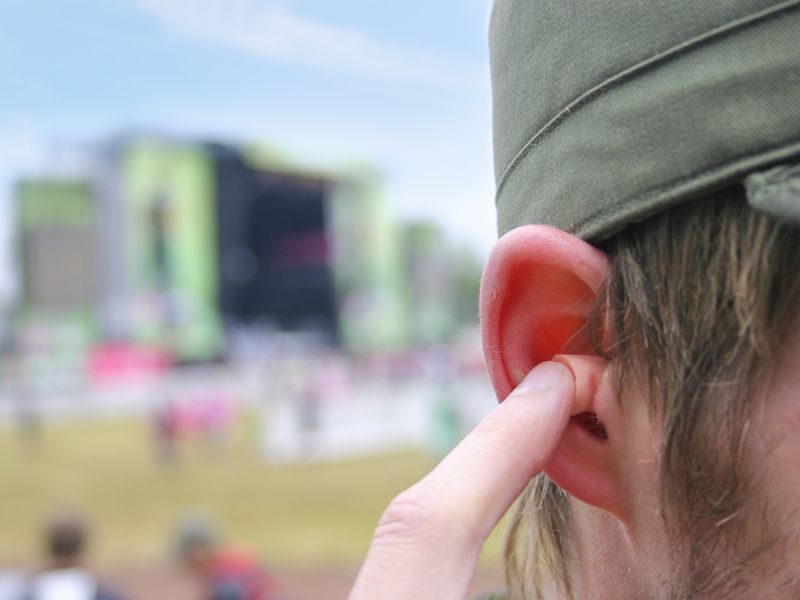
If you’re exposed to loud sounds, for instance running a lawnmower in your yard, going to an arena to see your favorite band play, or merely sleeping at home beside a snoring spouse, earplugs can be practical. Decreasing the sound level is how earplugs can help in the first two situations. In the last circumstances, they reduced the sound levels plus help protect your peace of mind (and possibly your marriage) by letting you get a good night’s sleep. But are these ear protectors, actually, harming your hearing?
Why Use Earplugs in The First Place?
The argument for earplugs is pretty simple: Properly used, earplugs can help to protect your ears by minimizing your exposure to excessive decibel levels. After you leave a loud venue, say a football game where the announcer keeps telling the crowd to, GET LOUD, when the opposing team kicks off, you’ve probably noticed that your hearing seems off, and you could also have symptoms of tinnitus. Those small hairs are bent by this type of noise exposure and that’s the reason why this occurs. In a couple of days, when the hairs have recovered, it generally goes back to normal.
But in some circumstances, there is a relentless assault on those little hairs, this is especially true if you work in a noisy trade such as the music business or around jet planes. As opposed to recovering after bending, the cells are damaged permanently. You’ve got about 16,000 of those little cells in each cochlea, but up to 50% of them can be ruined or at least injured before you would see the different in a hearing assessment.
How Might Your Ears be Injured by Wearing Earplugs?
With regards to protecting your ears, it seems like it would be a no-brainer to make use of earplugs. But if your exposed to loud noises on a day to day basis, this seems to be even more obvious (like on the job or with the previously mentioned snoring significant other), headphones that limit, but don’t entirely cancel, sound or over the head earmuffs are a much better idea. Earplugs are better suited to one-off scenarios like a sporting event or concert than for day to day use.
Why? For one, earwax. In order to protect themselves, your ears create earwax, and if wearing earplugs is something you do constantly, more earwax will be created, and the earplugs will jam it in further. Tinnitus and other issues can be the outcome from impacted earwax.
Ear infections can also be the consequence from too much use of earplugs. They can become bacteria breeding grounds if you regularly wear the same pair but fail to properly clean and disinfect them. Ear infections are, at the very least, an uncomfortable inconvenience. But at the worst-case-scenario end of the spectrum, they can also result in a loss of hearing if neglected.
How Can You Safely Use Earplugs?
Whether it’s a good night sleep or safeguarding your ears, there’s still a formidable positive to wearing earplugs. Using them in the proper way and using the right kind is the key to success. Foam earplugs are the least costly, which is good because you really should not use them more than once, the cushy, porous material is a germ’s haven. Don’t put silicone or wax earplugs back in until they are totally dry after using warm water to completely clean them. It’s also a good idea to keep earplugs in a well ventilated container to discourage humidity, or worse, bacteria or mold, from building up.
If you need or want to use earplugs on a regular basis, you may want to get in touch with us about getting custom-made earplugs. These are constructed from unique molds of your ears, they can be reused and since they’re fitted to your ears, comfortable. But it’s essential not to forget, smart earplug hygiene can prevent hearing damage.
